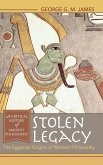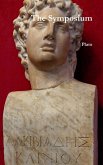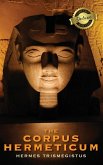Aware of these myths, Robin Waterfield has examined the actual Greek sources and presents here a new Socrates, in which he separates the legend from the man himself. As Waterfield recounts the story, the charges of impiety and corrupting the youth of Athens were already enough for a death sentence, but the prosecutors accused him of more. They asserted that Socrates was not just an atheist and the guru of a weird sect but also an elitist who surrounded himself with politically undesirable characters and had mentored those responsible for defeat in the Peloponnesian War. Their claims were not without substance, for Plato and Xenophon, among Socrates' closest companions, had idolized him as students, while Alcibiades, the hawkish and notoriously self-serving general, had brought Athens to the brink of military disaster. In fact, as Waterfield perceptively shows through an engrossing historical narrative, there was a great deal of truth, from an Athenian perspective, in these charges The trial was, in part, a response to troubled times--Athens was reeling from a catastrophic war and undergoing turbulent social changes--and Socrates' companions were unfortunately direct representatives of these troubles. Their words and actions, judiciously sifted and placed in proper context, not only serve to portray Socrates as a flesh-and-blood historical figure but also provide a good lens through which to explore both the trial and the general history of the period Ultimately, the study of these events and principal figures allows us to finally strip away the veneer that has for so long denied us glimpses of the real Socrates.
Hinweis: Dieser Artikel kann nur an eine deutsche Lieferadresse ausgeliefert werden.
Hinweis: Dieser Artikel kann nur an eine deutsche Lieferadresse ausgeliefert werden.








